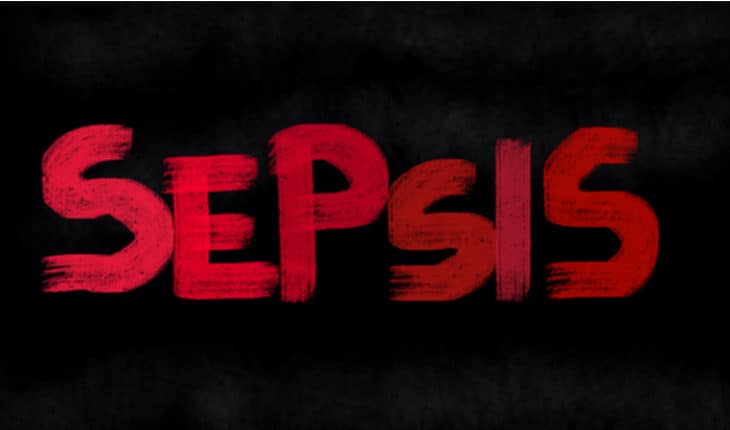Emma Hammett of First Aid for Life discusses the six signs of sepsis: Sepsis is a common and potentially life-threatening condition where the body’s immune system overreacts to an infection. It results in widespread inflammation, swelling and blood clots. This leads the body to go into septic shock, characterised by a dramatic decrease in blood pressure interrupting the blood supply to vital organs such as the brain, heart and kidneys. Sepsis needs to be treated quickly and aggressively in hospital. Sadly, it is often responsible for amputations, brain damage and deaths. It is vitally important to recognise symptoms early and treat promptly.
As of January 2020, sepsis causes one in five deaths around the world. The researchers at the University of Washington estimate that 11 million people a year are dying from sepsis – more than are killed by cancer. Most cases were in poor and middle income countries, but even wealthier nations are dealing with sepsis. Even in the UK, sepsis is a challenge. The death rate is higher than in countries such as Spain, France and Canada. There are around 48,000 deaths from sepsis in the UK each year, the report shows. One of the most common ways of developing Sepsis is following an operation or injury where the wound becomes infected, or as a secondary infection following an illness such as Meningitis, a chest infection or septic throat.
Unfortunately, early Sepsis can be a difficult condition to recognise and often takes a while to diagnose. Sepsis can occur in any age group but small children deteriorate particularly quickly. The Sepsis Trust has issued the guidance below to help parents and child carers quickly recognise the signs and symptoms in children: http://sepsistrust.org/
Sepsis can be hard to recognise at first as early symptoms are similar to flu and other common illnesses. Sepsis often follows on from Meningitis and Septicaemia (blood poisoning). Many of the symptoms are similar and all these conditions are extremely serious.
 NEVER WAIT FOR A RASH
NEVER WAIT FOR A RASH
If they are seriously unwell and have any of the above symptoms
If you are sent home from the hospital or GP Surgery and the casualty is getting worse. Return again. Trust your instincts and tell them you are worried!
- Sudden cardiac arrest in the young and the simple screening to avoid them - 1st July 2024
- Water safety: First aid for drowning - 1st July 2024
- Water safety this summer – a guide for children and parents - 1st July 2024

 NEVER WAIT FOR A RASH
NEVER WAIT FOR A RASH




